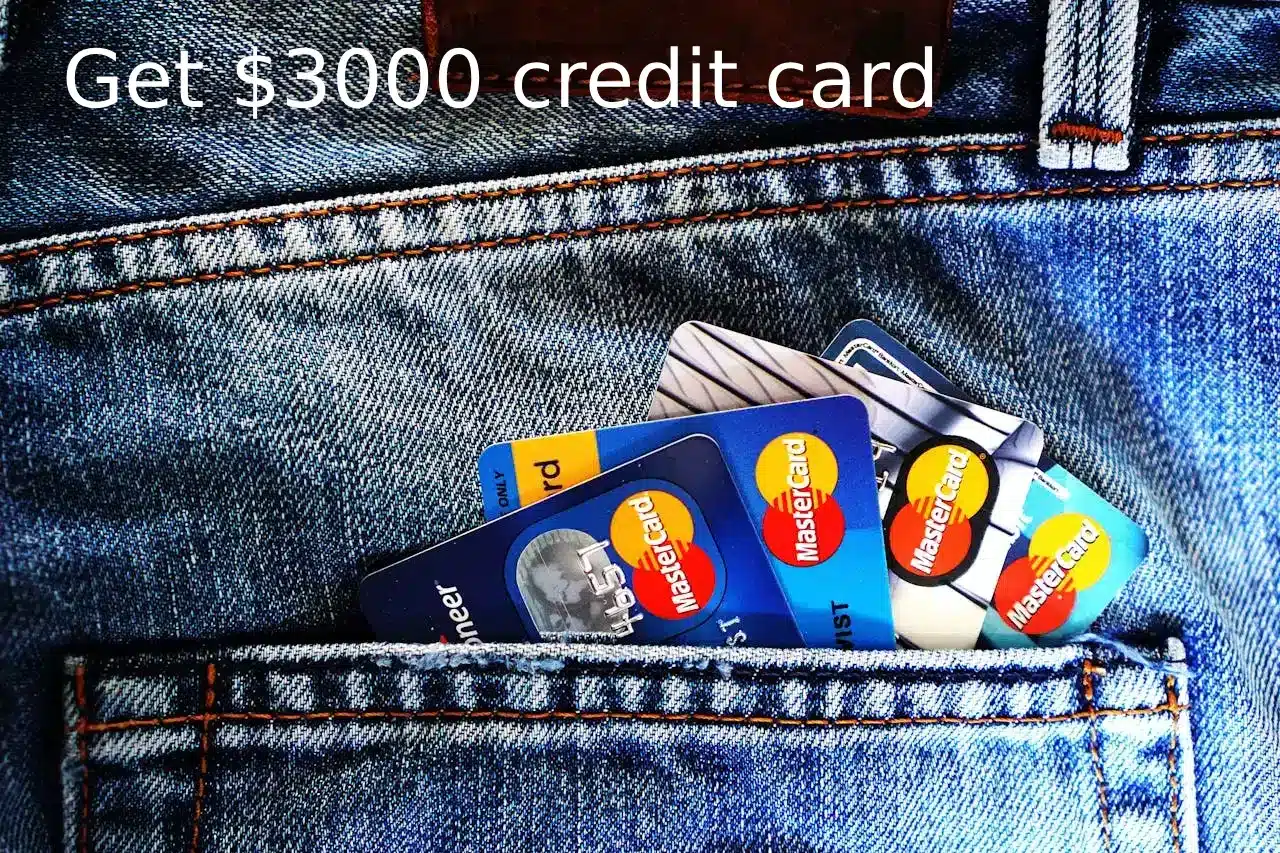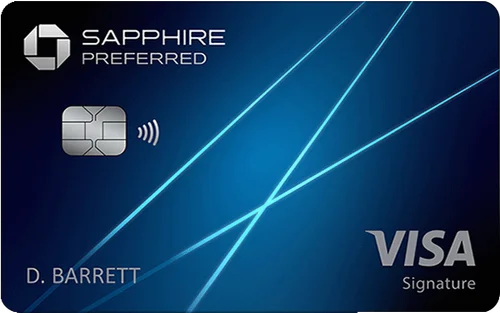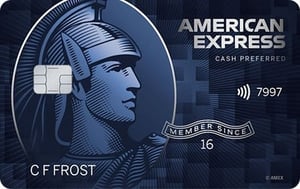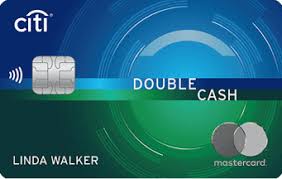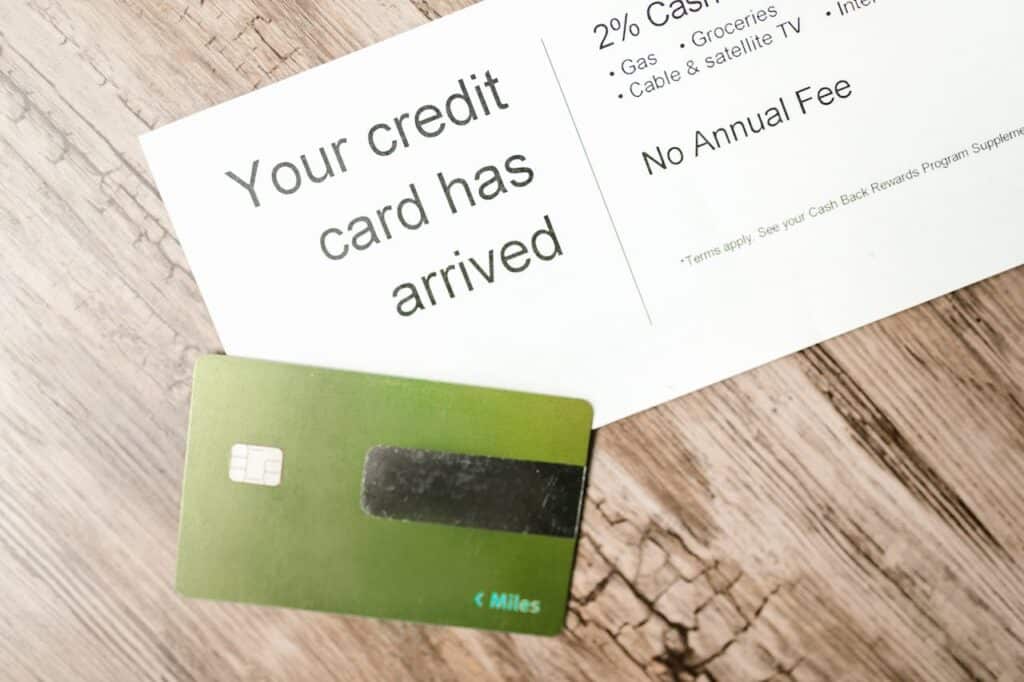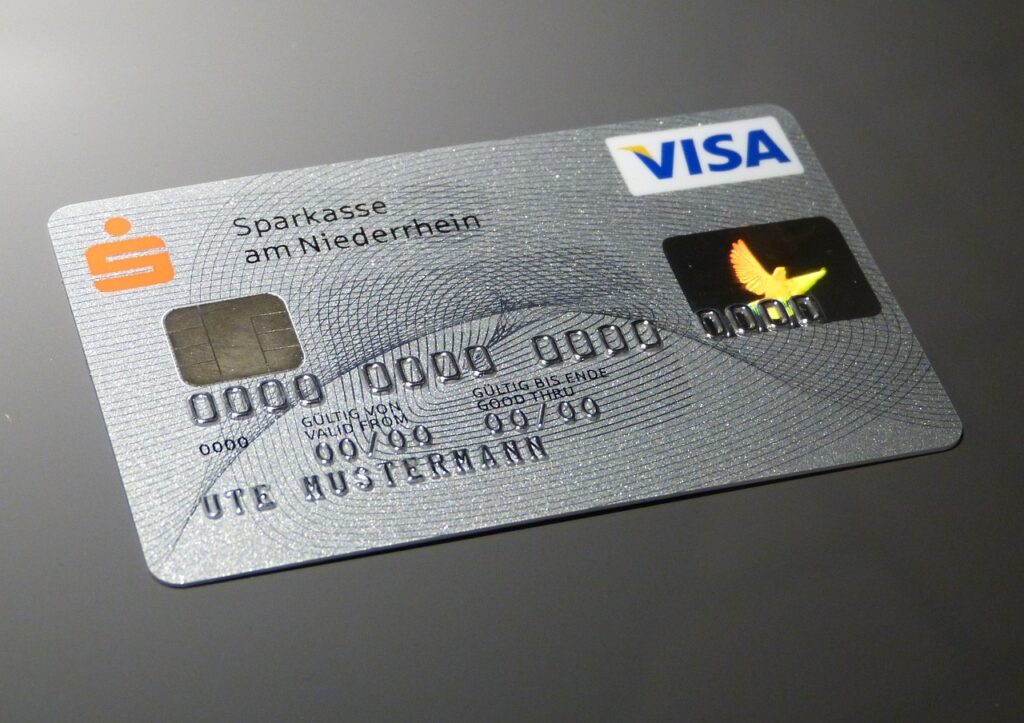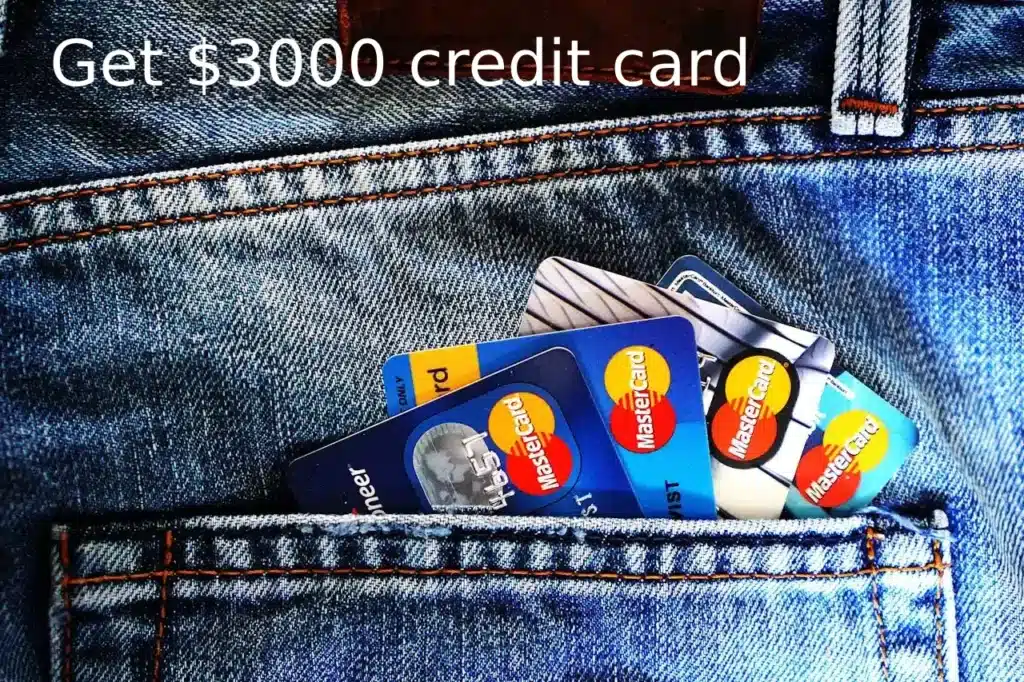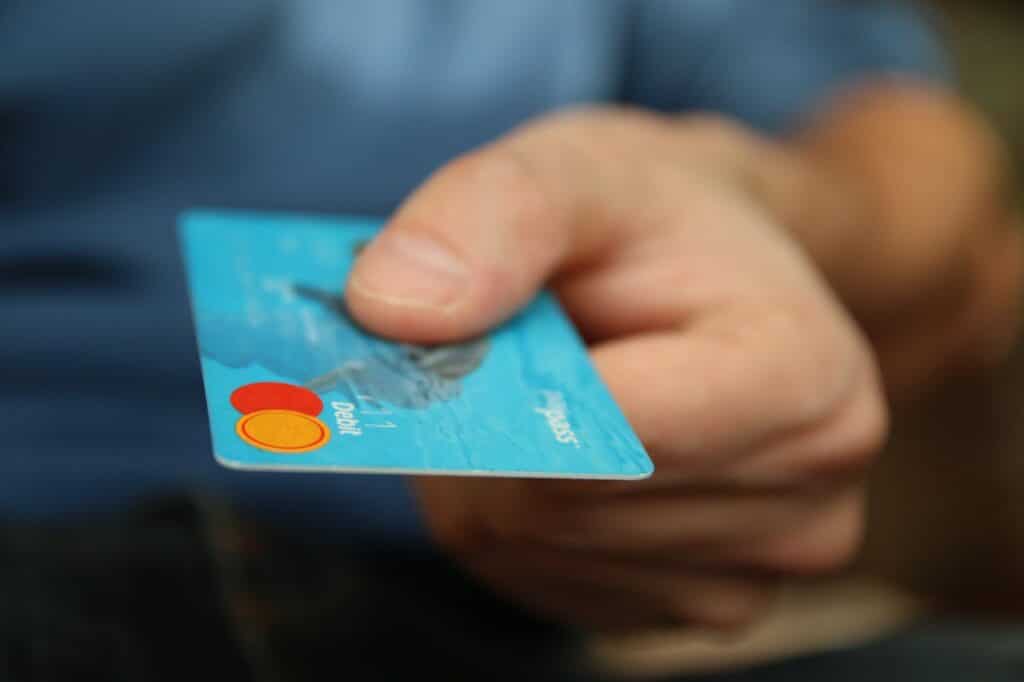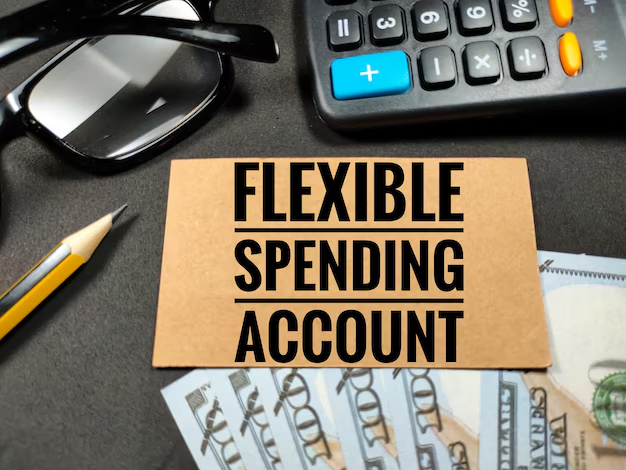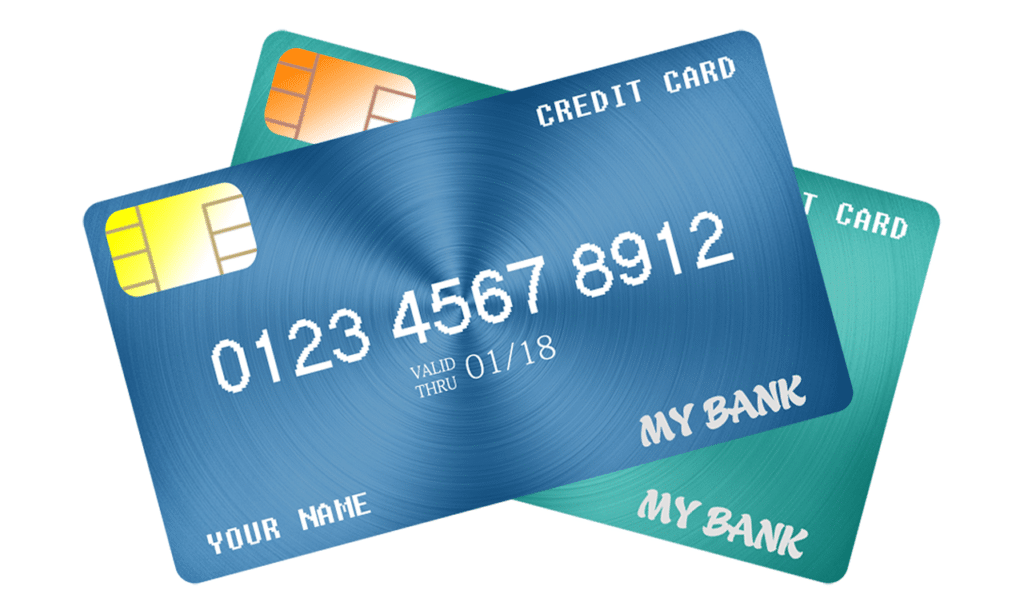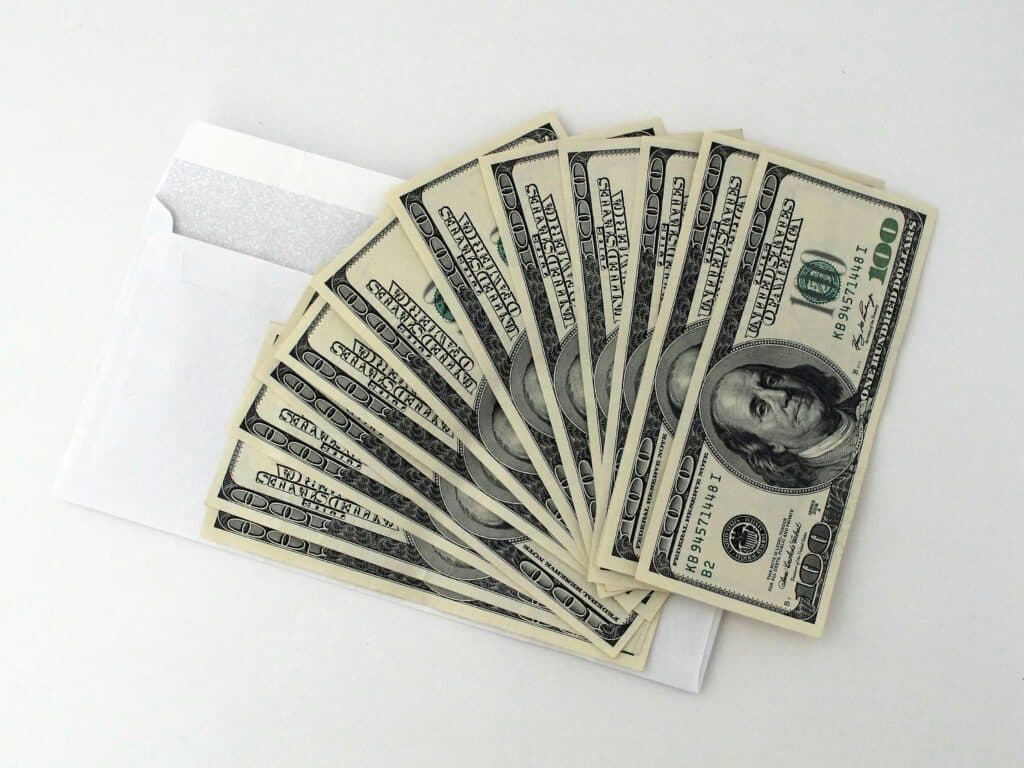Evaluating Your Financial Needs and Goals
Before selecting a $3,000 credit card, it’s crucial to take a step back and assess your financial needs and goals. Consider factors such as your spending habits, debt management strategies, and long-term financial objectives. This will help you identify the features and benefits that are most important to you, ensuring that your chosen credit card aligns with your unique financial situation.
How to Pay Off $3,000 in Credit Card Debt Effectively
If you find yourself carrying a $3,000 credit card balance, it’s essential to develop a strategic plan to pay it off efficiently. Here are some effective strategies to consider:
- Create a Repayment Plan: Develop a budget that allocates a fixed amount towards your credit card balance each month, targeting the highest-interest debt first.
- Utilize Balance Transfers: Look for a balance transfer credit card with a 0% introductory APR, which can help you save on interest charges and pay down the balance more quickly.
- Increase Your Payment Amount: Whenever possible, pay more than the minimum due to accelerate the repayment process and reduce the overall interest paid.
- Explore Debt Consolidation: Consider consolidating your $3,000 credit card debt into a personal loan or a home equity loan, which may offer a lower interest rate.
The Impact of Minimum Payments on a $3,000 Credit Card Balance
It’s important to understand the impact that minimum payments can have on a $3,000 credit card balance. Making only the minimum payment each month can result in a prolonged repayment period and significant interest charges over time. By increasing your monthly payment amount, you can save money and become debt-free more quickly.
Is $3,000 Credit Card Debt Bad for Your Financial Health?
The answer to this question depends on your overall financial situation and debt management strategies. While $3,000 in credit card debt may not be considered exorbitant, it’s crucial to address it promptly to avoid it spiraling out of control. Carrying a balance on your credit card can impact your credit score, increase your debt-to-income ratio, and limit your ability to access other forms of credit or financing.
Tips for Applying for a Credit Card with a $3,000 Limit
When applying for a credit card with a $3,000 limit, keep the following tips in mind:
- Check Your Credit Score: Understand your credit score and credit history, as they will play a significant role in your approval and the credit limit offered.
- Compare Multiple Options: Research and compare various credit card offers to find the one that best suits your financial needs and goals.
- Provide Accurate Information: When filling out the application, be sure to provide accurate and up-to-date information about your income, employment, and financial situation.
- Time Your Application Wisely: Consider the timing of your application, as factors like recent credit inquiries or changes in your credit profile can impact the approval process.
Comparing the Best Credit Card Options with a $3,000 Limit
To help you find the perfect $3,000 credit card, let’s compare some of the best options on the market:
| Card Name | Annual Fee | APR | Rewards | Other Benefits |
|---|---|---|---|---|
| Citi Double Cash Card | $0 | 13.99% – 23.99% | 2% cash back on all purchases | No annual fee, 0% intro APR on balance transfers |
| Chase Freedom Unlimited | $0 | 14.99% – 23.74% | 1.5% cash back on all purchases | No annual fee, 0% intro APR on purchases and balance transfers |
| Capital One SavorOne Cash Rewards Credit Card | $0 | 15.99% – 25.99% | 3% cash back on dining and entertainment, 2% at grocery stores | No annual fee, 0% intro APR on purchases and balance transfers |
| Bank of America Travel Rewards Credit Card | $0 | 13.99% – 23.99% | 1.5 points per $1 spent on all purchases | No annual fee, 0% intro APR on purchases |
Finding the Perfect $3,000 Credit Card for Your Financial Needs
By considering the factors discussed in this guide, you can confidently navigate the world of $3,000 credit cards and find the one that aligns best with your financial needs and goals. Remember, the “perfect” credit card is the one that empowers you to manage your finances effectively, build your credit, and maximize the value you receive in return. If you’re ready to take the next step and find the perfect $3,000 credit card for your financial needs, I encourage you to explore the options and apply today. With the right credit card, you can unlock a world of rewards, savings, and financial flexibility to help you achieve your goals. Don’t hesitate to reach out if you have any further questions or need assistance in the decision-making process.

